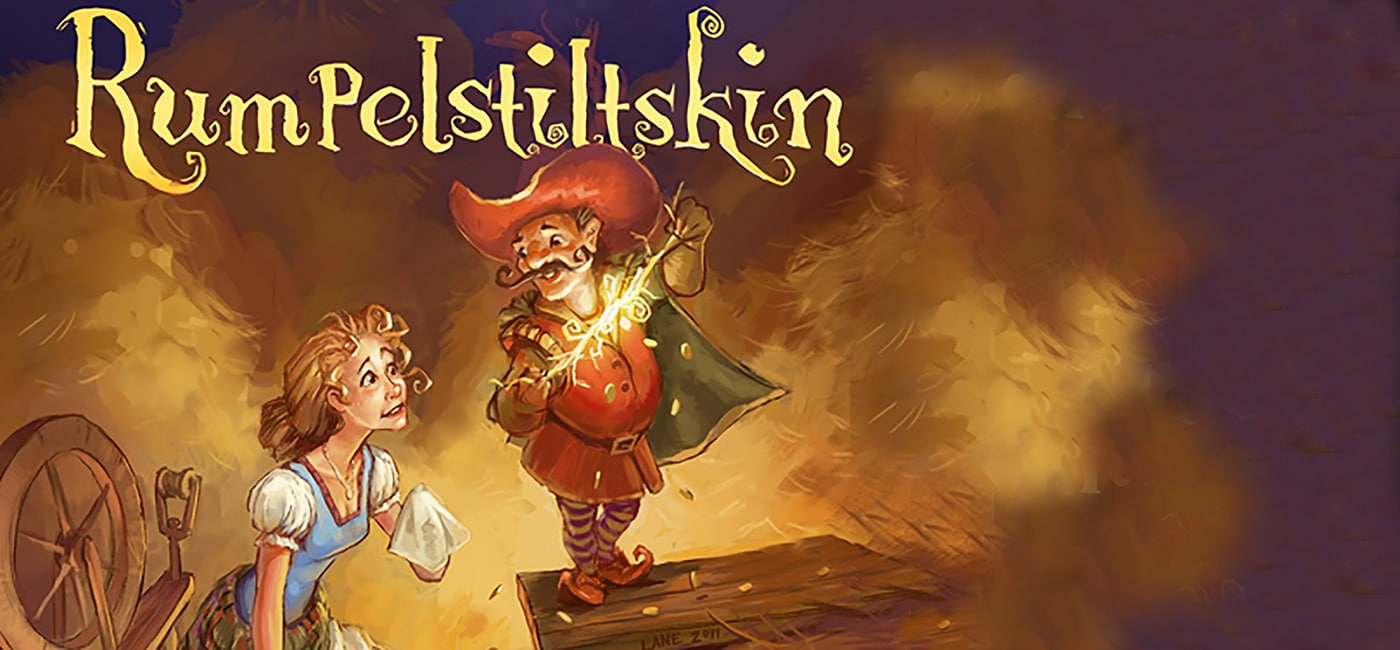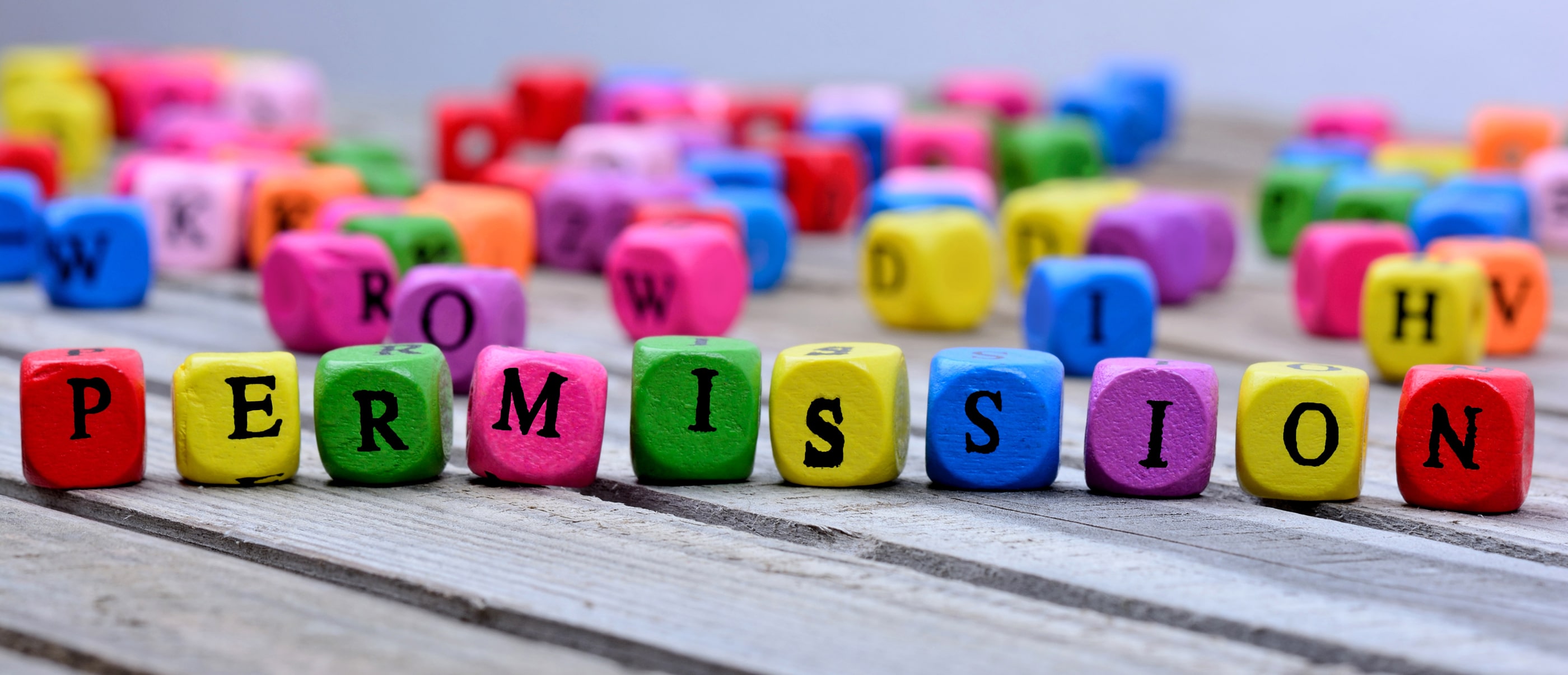Podcast: Play in new window | Download
Subscribe: Apple Podcasts | Google Podcasts | Spotify | Email | RSS | More
Ep. 17 Conversations on Maternal Mental Health (continued)
Episode 17 presents Part 2 of my conversation with Maternal Mental Health Specialist Amy-Rose White, LCSW. We discuss the importance of modeling emotional healthcare for our children as well as what dads, partners, and families can do to watch out for signs of postpartum health illnesses and steps for preventative care. Exciting changes are happening for Maternal Mental Healthcare in Utah, plus Amy-Rose tells us what changes she still wants to see.
Did you miss Part 1 of this interview? Click Here for Part 1
Q: Why Is It Important to Model Emotional Health for Our Children?
A: One way to help end the stigma surrounding mental health is to model healthy emotional needs for our children. We can say to daughters and sons, “I’m not well and I’m going to go get help and I’m going to figure this out.” Often it’s not easy to find the right help, the right team. Show your family that you are willing to keep trying, to keep opening doors and walking through until you feel well again.
Allow your children to see that you need rest and to see that self-care is natural and part of wellness. Know your self-care routine and what recharges your battery. I expect my sons to contribute as community members now so that when they grow up and have partners, and possibly decide to have children, they will take the responsibility on as well. They will help carry the burden of raising children. Especially this generation of women, the “Millennials,” fight the “Have everything and have it all now” pressure. Up and coming mothers are such high achievers and have a burden of options. The pressure is high, it really is. So it is essential to model caring for self and caring for emotional and physical health.
Q: What Is Your Advice for Partners?
In the film about Postpartum Depression, entitled Dark Side of the Full Moon, one husband says, “Watch your wife. Keep your eyes on your partner.” I agree.
- Focus on the basics. First, help mom get that 4-6 consecutive hours of sleep as soon as possible. This might mean paying for night nursing or doula care. Good nutrition and drinking two big pitchers of water a day are musts.
- Grounding is an anti-inflammatory measure which entail putting your bare feet in contact with the ground. Even in cold months, getting outside in nature, maybe a brief walk around the neighborhood, is healing.
- Getting a break from children every day. My OB gave me a prescription for a daily break and it changed my life. I’d never had a medical provider say, “You matter and you have to nourish yourself and take a break. You’re not just a feeding machine. This is essential for you as a human being.” Mom needs an hour break to herself every day.
- Watch the signs. If your partner has history of depression or a history of sensitivity to hormone changes, they are at higher risk for postpartum emotional health complications. Other high risk factors include women who have tried three to five birth control pills before giving up because they all made her feel “crazy.” Or if your partner get PMS or Premenstrual Syndrome, watch them carefully during and after childbirth.
If partners can be educated about the warning and also help mom sleep, eat, drink water, and take breaks, these are preventative measures that can go a long way to prevent emotional health changes. Notice what your partner is going through and make the call with her or for her. Going with her to appointments says, “I love you enough that I want to help you get help and we’re going to figure this out together. There is nothing wrong with you.”
Q: How Can Fathers Keep Themselves Healthy?
Ten percent of dads will develop postnatal depression, so a man also needs to watch out for himself, especially if mom can’t. Warning signs of postnatal illness in men are typically anger or withdrawal. The best remedy is to reach out to a counselor, which is not a guy thing to do. The language centers for men are different than for women. Men tend to need time alone to decompress. Another warning for dads is to be aware that if his partner has an illness, then his risk increases. Often I see that once a women is in remission and recovered, then her male partner gets the symptoms.
It’s a very sad thing I see in my practice, but sometimes relationships do end because of untreated Postpartum Depression. Divorce can occur during the postpartum period because the husband thinks, “This isn’t the person I fell in love with and I don’t see this ever getting better.” Or sometimes the woman might not be ready to get help, or the husband isn’t ready to get help. Postnatal health complications are challenging on a relationship.
Q: Speak to the Positive Side of Postpartum Struggles. What Growth Do You See?
The hundreds of women I’ve worked in say that even though their postpartum struggle was one of the hardest things they’ve ever endured, they wouldn’t trade the experience because of what they learned and who they became in the process of finding healing. Overall, couples who successfully work through postnatal emotional health complication come out with a deeper sense of empathy and compassion for human beings in general, as well as less judgment for women and for other moms.
The struggle creates a deeper connection for this universal experience on this planet of moms. Every mother in every country worries about essentially the same things: if her baby is eating enough and gaining enough weight and will get the education they need. We have a common thread as human beings that suffering brings to the forefront.
Another positive outcome I often see, and this was certainly true for myself, is a sense of purpose and a calling to connect with other moms and to help women and families to know they are not alone, they are not to blame, and with help they will be well. Which is the message of Postpartum Support International.
Becoming a parent forces you to become less selfish. With a child, you are instantly integrated into the world of babies, preschool, and school, so you have a vested interest in community, school, safety and what our world is becoming. The process is beneficial for our communities, so it’s not a thing to fear. There is a lot of growth that can come through the journey. Like we’ve mentioned, a deeper sense of strength, connection to the human spirit and to moms and motherhood and that we have more in common than we have different. And a desire to contribute and give back
Another positive outcome of postpartum health struggle is the “unlearning” of false beliefs and patterns. A lot of our role models as women were stoic and muscled through pain and illness, often because they had no other choice. Our mothers and grandmothers did the best they could, but now we are entering a different era where we can model being self-full. A postpartum health journey can help us to unlearn the conditioning of our ancestors to muscle through. Instead we can learn that when I am healthy, strong and centered, then I can be there in service for my children, my family, and for the planet.
Therefore, focussing on the personal strength you are developing through your postpartum health journey can be empowering. Though it’s a struggle, it can result in positive life changes including developing personal characteristics of empathy and connection as well as breaking down age-old habits and false beliefs.
Q: What Changes in Maternal Mental Health Are You Excited About?
This February PSI-Utah was successful in getting an appropriations measure passed in the state legislature to receive funding for three years to: 1) fund telehealth services for rural moms, 2) increase public health authority’s ability to screen and refer women, and 3) support the development of a new website through the Department of Health which will be a massive resource referral database where users can click on a geomap in your county and find counselors and support groups in your area that take your insurance.
The Perinatal Mood and Anxiety Disorders Conference is coming up May 31 and June 1, 2019 in Salt Lake City. This is cosponsored by Intermountain Healthcare with keynote speakers and breakout sessions by postpartum health experts. The conference is open to medical professionals as well as the general public. Information and registration found at psiutah.org or click here.
A State Subcommittee for Maternal Mental Health came out of PSI-Utah. Through the Utah Women & Newborn Quality Improvement Collaborative and the Department of Health, we are educating clinics and providers how to screen.Primary Care is where that subcommittee is focussing on improving quality measures and outcomes. Neither medical schools nor social work schools teach Perinatal Mental Health.
A lot of watch guards are hard at work continuing the dialogue about programs that need funding and increasing capacity for care.
Q: What Are Changes You Want to See for Maternal Mental Health?
- For every woman to be educated about the different possible health complications, what the symptoms look like, and how to decrease her own risks. I want every mother to know that it’s in the best interest for her baby to take care of symptoms as soon as possible. To know what to look for and where to go. Part of that prevention is to do things while she feels well. Some postpartum symptoms begin during pregnancy, especially the 3rd trimester.
- Have every person who serves and comes into contact with a pregnant woman to be educating and screening her. The conversation conveys the message that mother matter and we want to be involved in helping you feel well. Even more, for women not just to be given information, but to know what to do and that there is hope. We need to be proactive and not just crossing our fingers and hoping for the best.
- For every woman to know about the resources available through Postpartum Support International (PSI) which is Postpartum.net. You can click on any state and get free social help. There is also international, Spanish speaking, and LGBTQ support. You can call a local number and speak to one of 8 or 9 volunteer moms who have been where you are.
- My biggest want is that women wouldn’t feel ashamed. It is changeable. Education is key. Understanding that it isn’t a character weakness, that there are physiological changes in the body causing the symptoms. This will take everyone telling stories and going to the State Capitol. Speaking up makes a difference.
Resources:
Amy-Rose White, LCSW: http://www.arwslctherapist.com/
Perinatal Mood and Anxiety Disorders Conference May 31 – June 1, 2019 Salt Lake City Utah: https://www.psiutah.org/2019-perinatal-mood-anxiety-disorders-conference/
Documentary “Dark Side of the Full Moon” Maternal Mental Health: http://www.darksideofthefullmoon.com/
Postpartum Support International UTAH: www.psiutah.org
Postpartum Support International: www.postpartum.net
The Emily Effect: https://theemilyeffect.org/









